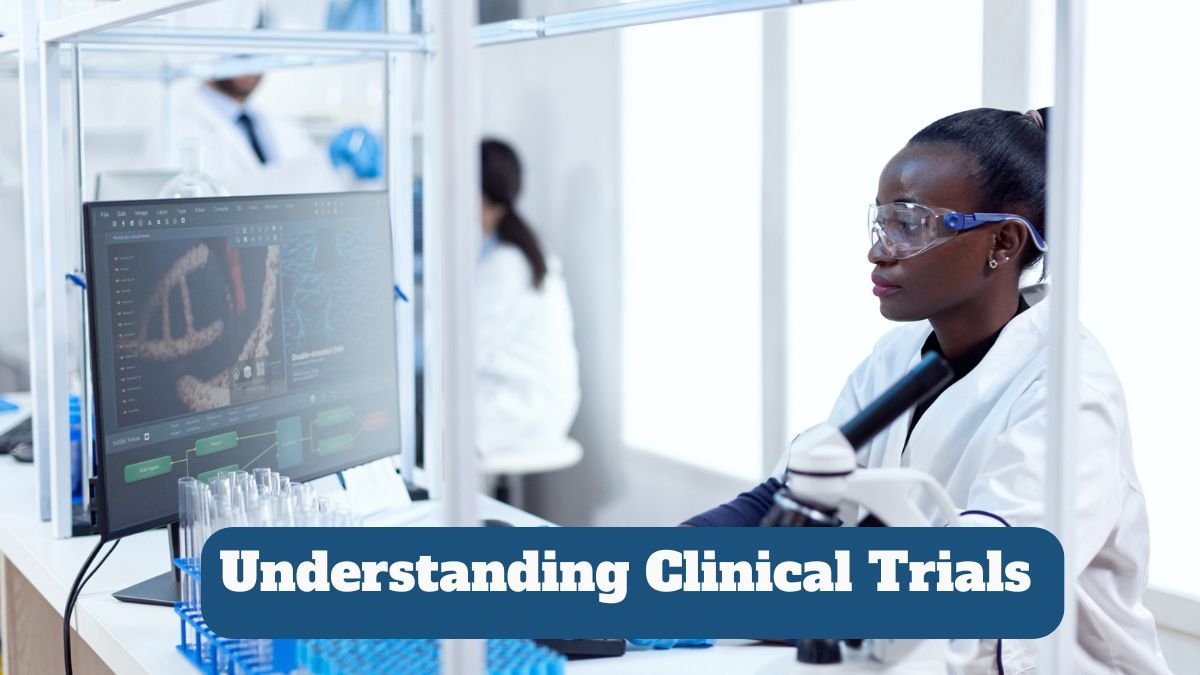Clinical trials are a vital part of modern medical research. These trials are conducted to evaluate the safety and efficacy of new drugs, treatments, or medical procedures. Understanding clinical trials is crucial for medical students, as it not only enhances their academic knowledge but also provides direction for future research. Through these trials, scientists learn how safe and effective a new drug or treatment is.
Why Clinical Trials Are Important
Clinical trials are not only a means of validating new treatments, but also help improve the quality of healthcare. Before any drug is brought to market, its effectiveness and potential side effects must be evaluated. Furthermore, trials provide better options for patients, improving their care and quality of life. It is important for medical students to understand that the purpose of clinical trials is not just drug testing, but also patient safety and ethical research.
Phases of Clinical Trials
Clinical trials typically occur in four main phases. Phase 1 involves testing safety, where the new drug’s effects are observed on a small number of healthy volunteers. Phase 2 examines the drug’s efficacy and appropriate dosage. Phase 3 involves testing a larger population to gain a broader understanding of its safety and efficacy. Finally, Phase 4 evaluates long-term effects and potential risks after the drug is released to the market. Understanding these phases is crucial for medical students to properly understand the research process.
Ethics and Safety Aspects
Ethics plays a crucial role in clinical trials. The safety of patients or volunteers participating in any trial is paramount. Students should understand that informed consent is mandatory in every trial. This means that participants are fully informed about the type of trial they are being involved in, the potential benefits, and the risks. Furthermore, trials also pay special attention to confidentiality, data security, and patient dignity.
Importance of Clinical Trials for Medical Students
Familiarity with clinical trials provides numerous benefits to medical students. It introduces them to various aspects of research, such as study design, data collection, ethical standards, and analysis of results. This allows students to combine their medical knowledge with a scientific approach. If they enter the research field in the future, understanding trials will be helpful in their implementation and design.
Research Methods and Study Design
Various research methods and study designs are used in clinical trials. Randomized Controlled Trials (RCTs) are considered the gold standard method because they compare the effects of a treatment with a control group. In addition, cohort studies, case-control studies, and clinical observation are also important research methods. Students need a basic understanding of these methods so they can accurately read and analyze data.
Data Collection and Analysis
Another important aspect of clinical trials is data collection and analysis. Each trial requires collecting accurate and precise information from participants. This includes disease symptoms, lifestyle, treatment response, and potential side effects. Through data analysis, researchers can understand the effectiveness of a treatment. Learning this skill is essential for medical students, as it enhances their research skills and decision-making.
Clinical Trials and Technological Advancements
In today’s digital age, technological advancements in clinical trials have made research more accurate and efficient. Electronic health records, mobile apps, and data analytics provide researchers with real-time information. This makes monitoring trials, collecting data, and evaluating results faster and more accurate. It is important for medical students to understand how technological tools contribute to the quality and effectiveness of research.
Challenges in Clinical Trials
Clinical trials face a variety of challenges. Participant recruitment, ethical approval, data accuracy, and trial cost are among the main challenges. Furthermore, patient diversity, disease type, and treatment response can also impact studies. Students should understand how these challenges are managed during research and why patience and planning are crucial parts of the process.
The Importance of Clinical Trials in the Future
The importance of clinical trials will only increase in the future. With the development of new treatments, technological innovations, and personalized medicine, trials will drive change in the healthcare sector. It is essential for medical students to have a fundamental understanding of clinical trials to enable them to participate in future research, medical innovation, and ethical decision-making.
Conclusion
Clinical trials are not just a part of research, but a vital pillar of medical education and patient care. Understanding these trials is essential for medical students, as it familiarizes them with research procedures, ethical standards, data analysis, and technological advances. With proper planning and understanding, participating in or designing clinical trials can be a great source of knowledge and experience for students.
